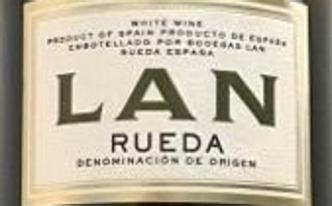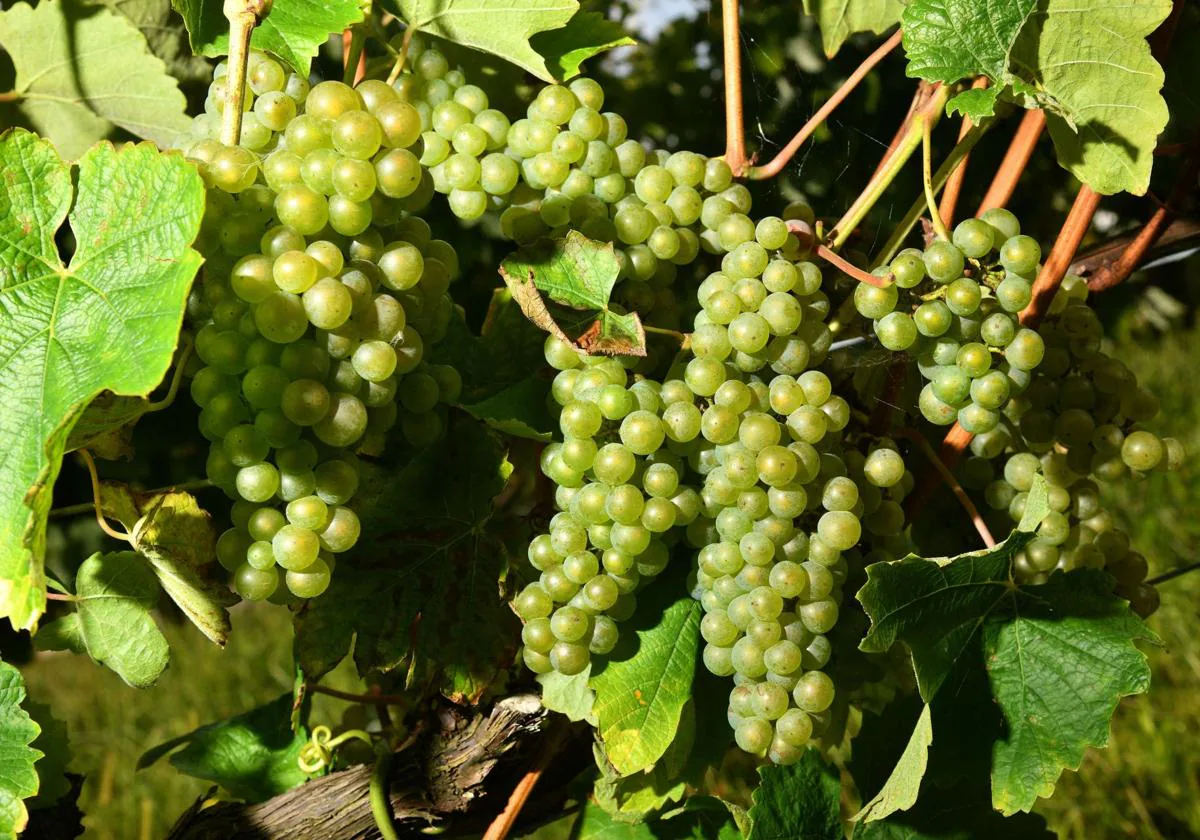Chinese leave Bordeaux
Bordeaux vineyards were attractive during the early years of the decade but that has changed and many Chinese are now focusing more on domestic opportunities like technology and national real estate
Andrew J. Linn
Malaga
Friday, 8 November 2024, 17:37
There was a time when every well-heeled golfer's prime ambition was to own their own golf course, or better still, build one. What ... could give greater pleasure than to pick up the phone to consult Nick Faldo or Martin Hawtree about a new project: the ego trip of all ego trips. Similarly, there has hardly been a wine-loving millionaire, or better still multi-millionaire, who did not relish making his own wine.
The Chinese have been no exception, and Bordeaux vineyards were attractive for them during the early years of the decade. But that has changed and many Chinese are now focusing more on domestic opportunities like technology and national real estate.
WINE OF THE WEEK

-
Lan Verdejo 2022
-
This long-established Rioja bodega has broken moulds with an attractive white wine from the Rueda region, its first in the category One of the best things about it is the price, around ten euros.
Many of these investors have sold up with little regret. Managing a vineyard can be complex, especially for remote investors unfamiliar with winemaking, and many found that the logistical and financial hurdles were hard to overcome. The global wine market has grown slowly in the last few years, and Bordeaux exports to China face competition and fluctuating demand. This has impacted the return on investment for some vineyard owners. The Covid pandemic further complicated matters, disrupting supply chains, tourism, and events that many vineyards rely on. Climate change has not helped. The Gironde prefecture has given the go-ahead for a number of Bordeaux winegrowers to chaptalize their wines after the wet weather in September saw some vines across the region struggle to achieve full ripeness.
NOTE: In last week's column the date of The Judgement of Paris was incorrectly given as 1924, instead of 1976.
¿Tienes una suscripción? Inicia sesión
